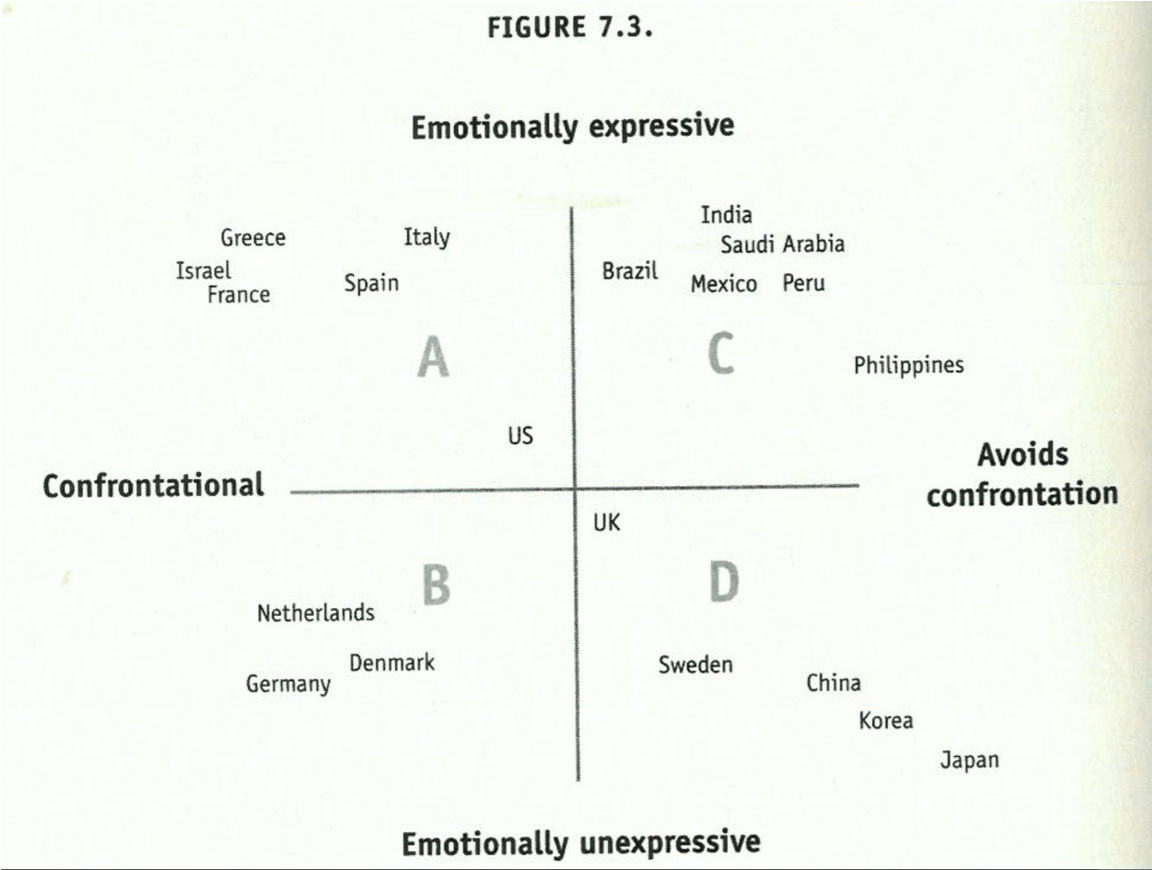I am thinking today on life experience and my good fortune of navigating through cultural differences. Travel has at times provided glimpses of this but actually setting down roots for a year or more at a time, has made a more indelible mark upon my identity. The choice for a more divergent path in life, leading to a welcoming of “the different.” But also, a deep seated curiosity, sustained by a high degree of comfort in being an outsider looking in.
My Life in Table Contents Form:
I. USA / Kansas ~Childhood and Adolescence
II. USA (Kansas, Washington, Oregon, Colorado) ~ University
III. Australia ~ Study abroad
IV. Ecuador ~ First international teaching post
V. Mexico / Central America ~ GAP year for travel and self-discovery
V. Hungary ~ Second international teaching post
VI. USA (Georgia) ~ Rural teaching
VII. USA (Hawaii) ~ 10 years teaching at international boarding school
VIII. Tunisia ~ Third international teaching post
IX. Thailand ~ Fourth international teaching post
Borrowed from: Erin Meyer, “The Culture Map.” Culture Matters
Reflecting on the contents of my life’s “table,” I actually am surprised when I consider how nearly half of my life has been out of the United States (excluding the Aloha state). Moreover, all but 5 years have been in the classroom! Yet, the transition this past year to Thailand provided possibly the starkest example of how cultural patterns can be dissimilar. A comparison of Tunisia to Thailand might be like comparing a wolverine to a platypus. In direct opposition really, or perfect juxtaposition. In figure 7.3 above, Tunisia would undoubtably be in quadrant A, no stranger to confrontation and extremely emotionally expressive. The waving of hands, face to face shouting matches a way of life. People of the same gender routinely greet each other with a kiss on the cheek and a big hug. Fender benders result in belligerent posturing.
Whereas, Thailand unquestionably is positioned in quadrant D. The Thai culture notorious for being gracious, accommodating, and calm at all costs. Strict social norms and identifying with group-orientation, Thais avoid confrontation. Further, similar to the Japanese but maybe not to the same degree, Thai people are more likely to be emotionally unexpressive. Or, if anything, quick to smile even though this may not accurately reflect one’s thoughts and feelings. If anything, it’s likely the emotions and disagreement are further clouded by the utterance of “mai chai,” which translates as “not yes.”
The contrast in life here in Asia versus North Africa was anticipated, yet continues to be a facet I curiously pursue.

